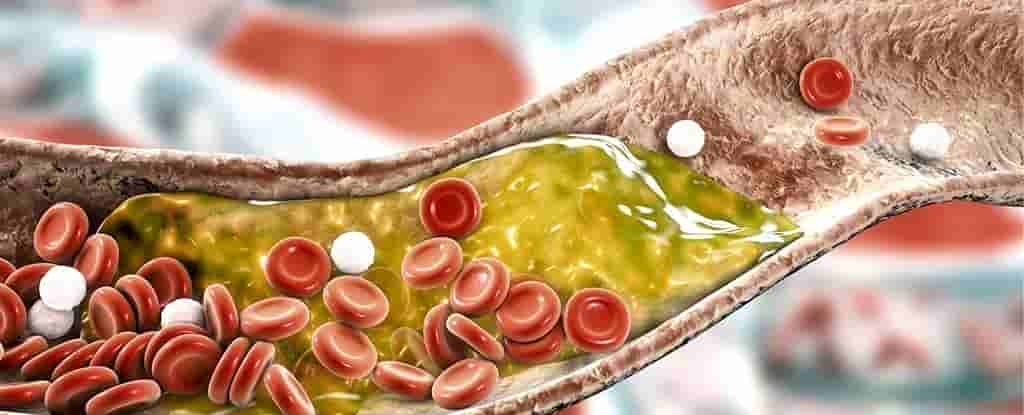The United Kingdom’s NHS has approved a new cholesterol-reducing shot which will be administered to 300,000 people over the next three years, according to a press release from the agency. This marks the first-ever use for a novel new therapeutic called “gene silencing” to treat common illnesses.
A gene silencing is the regulation of gene expression in a cell to avoid the expression of a certain gene. In this case, it is a cholesterol-reducing shot.
The new drug is called inclisiran which will be injected twice annually to patients who are suffering from a genetic condition linked to high cholesterol, people who had a stroke or heart attack, or those who have negative reactions to cholesterol-reducing drugs like statins, Interesting Engineering reported.
People have been eager for the inclisiran drug since it has great potential, and employs a novel technique called the “gene slicing.”

The promising technique particularly aims at the underlying causes of disease instead of the symptoms that one goes through when it takes effect. The technique works by selecting a particular gene and stopping it from creating the protein responsible for the disease.
Before the emergence of this new drug, gene silencing technology was usually only used for rare genetic diseases. This makes the upcoming cholesterol shot the first to treat people who are experiencing more common health problems which are considered to be extraordinary.
At present, researchers are taking into consideration how gene slicing might help in treating other health conditions like cancer or Alzheimer’s disease. Though this won’t be a walk in the park.
Gene slicing drugs target a specific kind of ribonucleic acid (RNA) in the human body known as “messenger” RNA or mRNA. Every cell in one’s body has RNAs, and they operate a critical role in the passage of genetic information.
Furthermore, the mRNA is one of the most valuable kinds of RNA in the body since it duplicates and transports genetic instructions and generates proteins according to instructions.
The new cholesterol shot utilizes gene silencing through a protein known as PCSK9 which it destroys. This protein is used to control cholesterol in the human body but this protein lives with excess frequency in people who are experiencing high levels of LDL cholesterol which is the bad kind.
By stopping the PCSK9 protein from creation, the cholesterol levels in the body will certainly drop. Although to be able to target this mRNA, researchers need to build an artificial version of a different type of RNA known as interfering RNA or siRNA. This is a highly localized span of RNA that allows the accurate targeting of individual mRNAs.
In the case of this new drug, the siRNA was falsified to target the mRNA known for carrying instructions meant for the PCSK9 protein.
Eventually, it connects to the target mRNA and destroys these instructions, which will significantly reduce the number of proteins produced.
Also Read: New Study Examines Rare Inflammatory Syndrome In Children After COVID-19 Infection
Typically, gene therapies are utilized through a specific viral vector which are virus-like vehicles that are efficient in moving genes to cells just like how a virus would. At present, viral vector therapies have been used in treating genetic blindness, genetic blood disorders, and spinal muscular atrophy.
The viral vector therapies are extremely effective in the first treatment, but it could be impossible to administer a second dose using the same method if negative immune reactions happen. The therapy is also costly which is why scientists are examining non-viral vector gene therapies that use a nanoparticle that is able of conserving the drug from blood-based degradation.
While these new gene silencing techniques are promising, it still needs to prove its effectiveness in upcoming trials before they can be used and administered on a wider scale.


